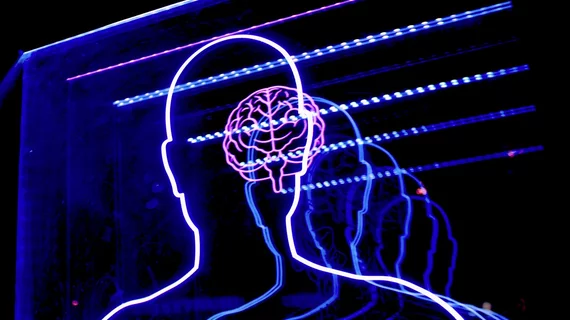Taiwanese artificial intelligence startup offering faster brain CT reads raises $2.7M
A Taiwanese artificial intelligence firm that offers software to help physicians more quickly interpret brain CT scans just raised $2.7 million in new funding.
Deep01 said the lion’s share of the contribution comes by way of electronics manufacturer Asus, with other Taiwan-based firms such as BE Capital also contributing.
The tech company is marketing its DeepCT AI product to help emergency department clinicians and radiologists detect acute intracerebral hemorrhage from CT images. And it claims the system has logged an accuracy rate as high as 95% in an average of 30 seconds per case.
In a statement, Asus Corporate VP Albert Chang called Deep01 a “leading startup in Asia,” adding that “we look forward to harnessing the strength of this collaboration to further develop applications in the field of smart medical technology."
Deep01 scored its first clearance from the U.S. Food and Drug Administration for the computer-aided triage tool back in July 2019. They have reportedly pursued a second clearance for an algorithm that aids in the detection and measurement of midline shift in CT images, CEO David Chou said at RSNA 2019.
The Taiwanese FDA also approved DeepCT in February, and the firm logged its first sale in the country for $700,000, officials noted in the announcement. Chou and colleagues claim they are the first Asian firm to score such FDA approvals in both countries.

